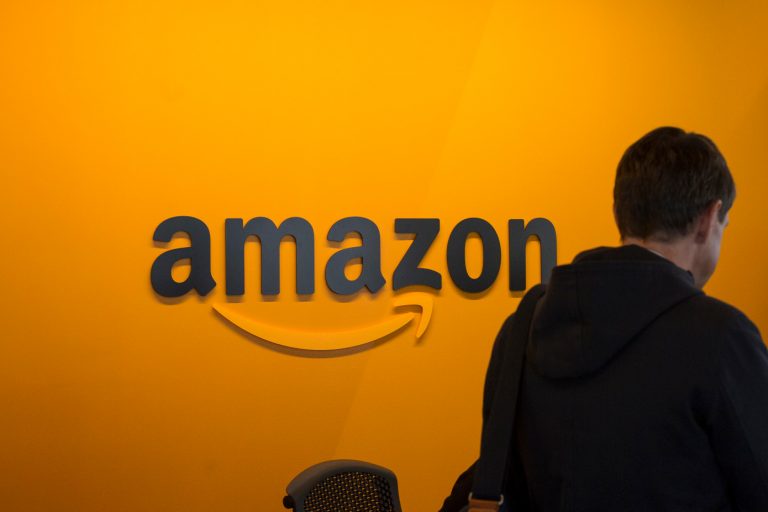
I have explained Conglomerate Tax using Dangote Group: governments pay taxes to conglomerates to have them in their domains. Simply, with the power vested on conglomerates by markets, they get governments to support their future ambitions in ways no other entity could. They have that ability because they focus on fixing the upstream challenges in economies where they operate because they have accumulated more capabilities than anyone. Yes, as Dangote Group builds a refinery, it could extract more goodies from governments than a man building petrol filling stations since government can easily find builders of petrol filing stations over people with capacity to invest billions of dollars on refineries.
The Kogi state scheme will be launched in more states soon. As noted in the press release, the Basing Authority will provide the land. That means Dangote Group will not have to pay for it. There is nothing wrong with that. He is investing to provide food security, provide youth employment and also improve the communities. That is what conglomerates do because they are the best creators of jobs, at least in short terms. While the state can plan to sell the land and invest the proceeds in startups, it may take years before those startups can generate the kind of employment and economic activity a conglomerate like Dangote can deliver in a year. For having that capacity, conglomerates tax nations. In other words, you have to subsidize their businesses through government supports for them to help you fix your pain points like unemployment as a government. They operate at the upstream level where the pain points are massive in the operations of governments. Their reward is Conglomerate Tax: the subsidization of their business operations due to their capabilities to help support government initiatives at scale.
Amazon with the selection of its HQ2 has proven that Conglomerate Tax is global: US cities are going to pay Amazon to come and stay in their communities. You cannot get the deal they are giving Amazon because you are not a conglomerate. Irrespective of what people may write about Amazon, Amazon has not invented anything new: the world has been like that for ages. You cannot expect a firm to put $5 billion in a place without expecting governments to give incentives in a world where cities compete against one another. If a businessman does not understand that, it means it is not handling its fiduciary responsibility very well.
Shieber sees essentially three problems with Amazon’s HQ2 process and announcement:
-
Amazon’s wealth drives its corporate power, which forces governments to do its bidding by applying to its reverse RFP process.
-
The incentive packages lined up by NYC and Northern Virginia are a form of corporate welfare that would be better used for everyday citizens, plus Amazon would have come anyway.
-
Amazon is not-transparent about its data or process, even while it collected data from hundreds of city governments.
Do not cry about it when your government is giving out incentives to conglomerates; they have reversed many things as the quoted TechCrunch article brilliantly noted thus: ‘Increasingly though, companies have learned that cities will come far and wide to fight for jobs. In fact, rather than bidding for projects and having city governments or their economic development agencies select winners, companies can propose projects, have cities bid and then the CEO can make the call. I call this a “reverse RFP.”’
Register for Tekedia Mini-MBA edition 17 (June 9 – Sept 6, 2025) today for early bird discounts. Do annual for access to Blucera.com.
Tekedia AI in Business Masterclass opens registrations.
Join Tekedia Capital Syndicate and co-invest in great global startups.
Register to become a better CEO or Director with Tekedia CEO & Director Program.
---
Register for Tekedia Mini-MBA (June 9 – Sept 6, 2025), and join Prof Ndubuisi Ekekwe and our global faculty; click here.

